
My Opinion | Oct 23,2021
Feb 11 , 2023
By Eden Sahle
Recently, I spent some time with a six-year-old boy born and bred in the United States, who made his very first trip with his parents. As he visited various places during his stay, I was curious to know what he learnt about the country. He said people in Ethiopia are sad and cry a lot because of the multiple problems they share. I was shocked and impressed by his truthful observation at such a young age.
Indeed, Ethiopians are no strangers to collective and generational trauma that continues to shatter and divide the basic fabric of society. We have adapted to one crisis after another which sometimes elevates to an existential threat. The construction of the communal has been broken, fracturing the common identity and leading to oblivion to history and responsibility.
Trauma is a core part of our society. People do not necessarily need to experience the crisis first-hand to feel its impact. The revolving destructive and negative patterns have held back society from transformation, affecting institutions and communities. We continue to face catastrophic incidents inevitably entangled with politics, religion and the economy. We are still unaware of the magnitude of conflicts, injustices and losses we might experience.
After a predicament, permanent memories of the dreadful experience that can easily be triggered are retained. People live in anxiety, distrust, and pervasive fear. A crisis is normalized even though its immensity is on the upsurge. The massive gap between opposing beliefs and political ideologies seems to amount to no discussion likely to bring a positive impact as everyone wants it their way.
The lack of compromise, fairness and sustainability makes society live in the uncertainty of tomorrow. While the impact of a crisis on mental health can vary, there is a shared agreement among psychologists that a distressing experience has the ability to collectively influence psychological well-being, living on edge and being skeptical about the future.
In a society where pain is common, it becomes normalized. Anxiety may be contagious as everyone begins to live in a state of chronic stress. Individuals may suffer and entire communities struggle to move forward after a traumatic encounter.
Whether worried about safety, not being able to practice their religion or dawdling with financial stress, the crisis creates an anxious society whose mental health is collectively affected.
The endless chaos composed of multiple combats threatens the sense of unity. The inability to compromise, with a "my way or no way" attitude, creates conspiracies. Several narratives are hyped in social media to saturate as much attention as they can. The nature and depth of these traumas imprint themselves on the unconscious and determine how we experience incidents.
Sociologists teach about the power of an individual to impact many. They have discovered even the most isolated individual has the ability to influence 10,000 people in a lifetime. Could it be the bad influence of traumatised communities, leading to more division and chaos?
Staying glued to a broken system damages physical, emotional and mental health. Listening to people argue about an eye for an eye response to a horrific event increases feelings of despair. Instead, the public can benefit from converting shared pain into solidarity promoting healing.
Studies also show that shared pain can actually allow communities to band together for the greater good. The Japanese art of putting broken pottery pieces back together with gold — Kintsugi is built on the idea by embracing flaws and imperfections, a stronger and more beautiful piece of art is created. Every break is unique and the 400-year-old technique particularly highlights those breaks with gold as a part of the design. Using this as a metaphor for healing ourselves teaches us sometimes in the process of repairing things that have broken, we actually create something more unique and resilient.
As a person who is said to influence thousands, imagine the difference each one of us could make if we invest this time to bring positive change. It could allow communities to practice altruism, social support, cohesion and positive social values. We might prevent scaring the next generation such as the six-year-old boy I met who is not so keen on coming back.
As long as we are convinced that pain cannot be used to bring constructive influence, we will be stuck. This needs to change. Traumatized communities can still work on their differences. We need to stop focusing on future disasters and use shared pain and suffering for collective healing. This does not mean pretending that everything will be okay, instead, acknowledging major and small friction in a hyper-diversified society friction and dealing with it.
PUBLISHED ON
Feb 11,2023 [ VOL
23 , NO
1189]

My Opinion | Oct 23,2021

Viewpoints | Mar 26,2022

Sunday with Eden | Oct 07,2023

Sunday with Eden | Sep 16,2023

My Opinion | Jul 06,2019

Sunday with Eden | Jun 24,2023
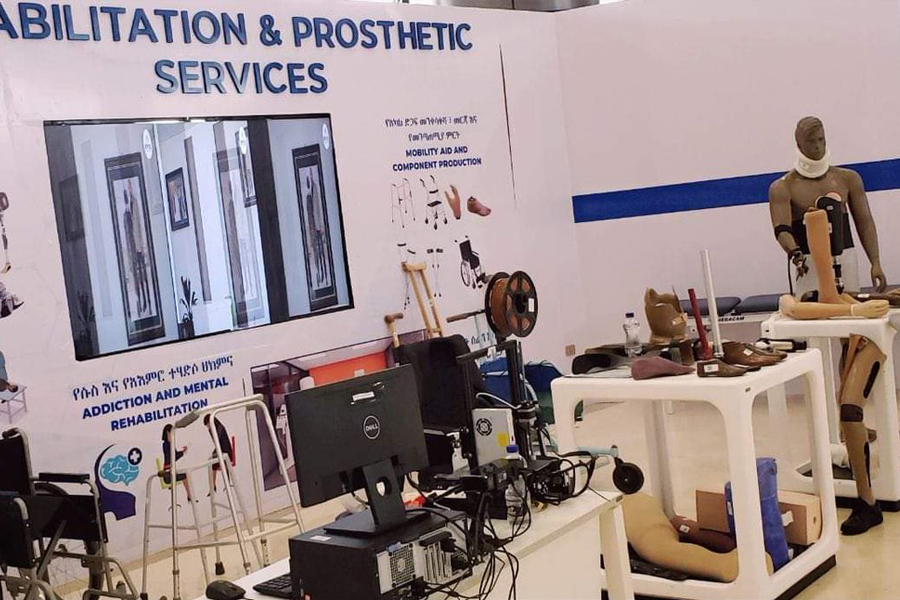
View From Arada | Jul 22,2023

Sunday with Eden | Nov 12,2022

Sunday with Eden | Feb 19,2022
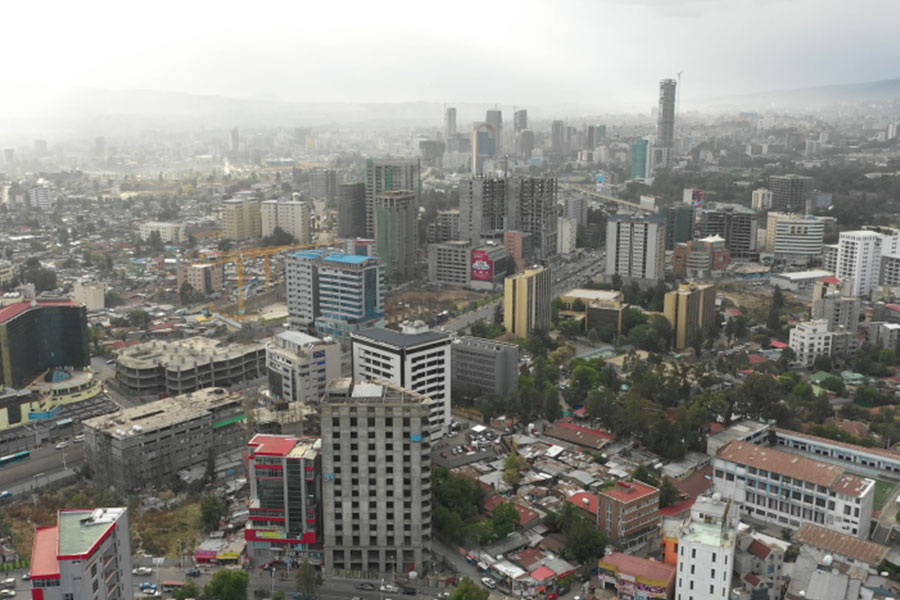
View From Arada | Sep 11,2020

Photo Gallery | 96076 Views | May 06,2019

Photo Gallery | 88345 Views | Apr 26,2019

My Opinion | 66979 Views | Aug 14,2021

Commentaries | 65709 Views | Oct 02,2021
My Opinion | Apr 13,2024

Feb 24 , 2024 . By MUNIR SHEMSU
Abel Yeshitila, a real estate developer with a 12-year track record, finds himself unable to sell homes in his latest venture. Despite slash...

Feb 10 , 2024 . By MUNIR SHEMSU
In his last week's address to Parliament, Prime Minister Abiy Ahmed (PhD) painted a picture of an economy...

Jan 7 , 2024
In the realm of international finance and diplomacy, few cities hold the distinction that Addis Abeba doe...

Sep 30 , 2023 . By AKSAH ITALO
On a chilly morning outside Ke'Geberew Market, Yeshi Chane, a 35-year-old mother cradling her seven-month-old baby, stands amidst the throng...

Apr 13 , 2024
In the hushed corridors of the legislative house on Lorenzo Te'azaz Road (Arat Kilo)...

Apr 6 , 2024
In a rather unsettling turn of events, the state-owned Commercial Bank of Ethiopia (C...

Mar 30 , 2024
Ethiopian authorities find themselves at a crossroads in the shadow of a global econo...

Mar 23 , 2024
Addis Abeba has been experiencing rapid expansion over the past two decades. While se...
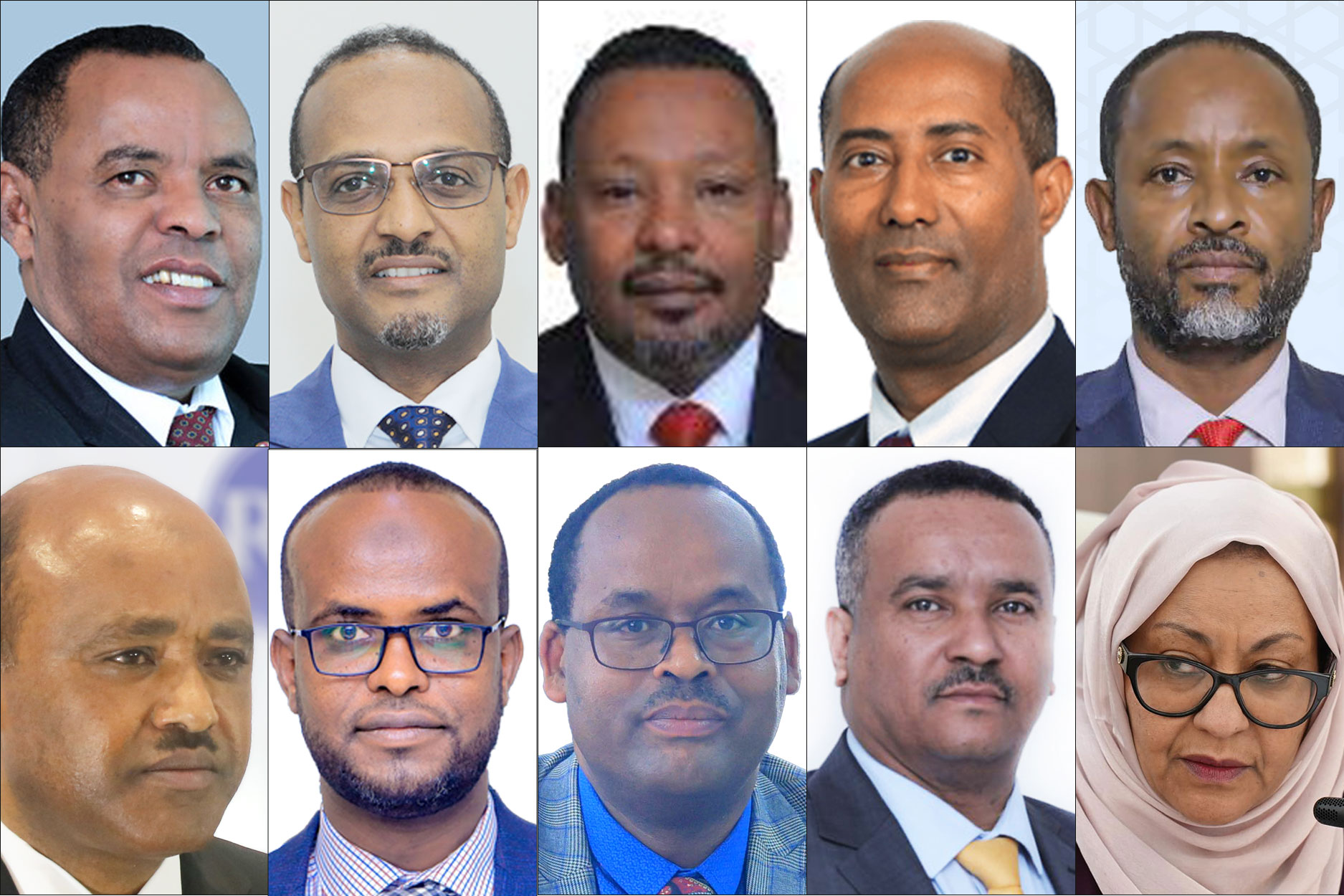
Apr 13 , 2024
A severe financial stranglehold has been imposed on the banking industry, underminin...
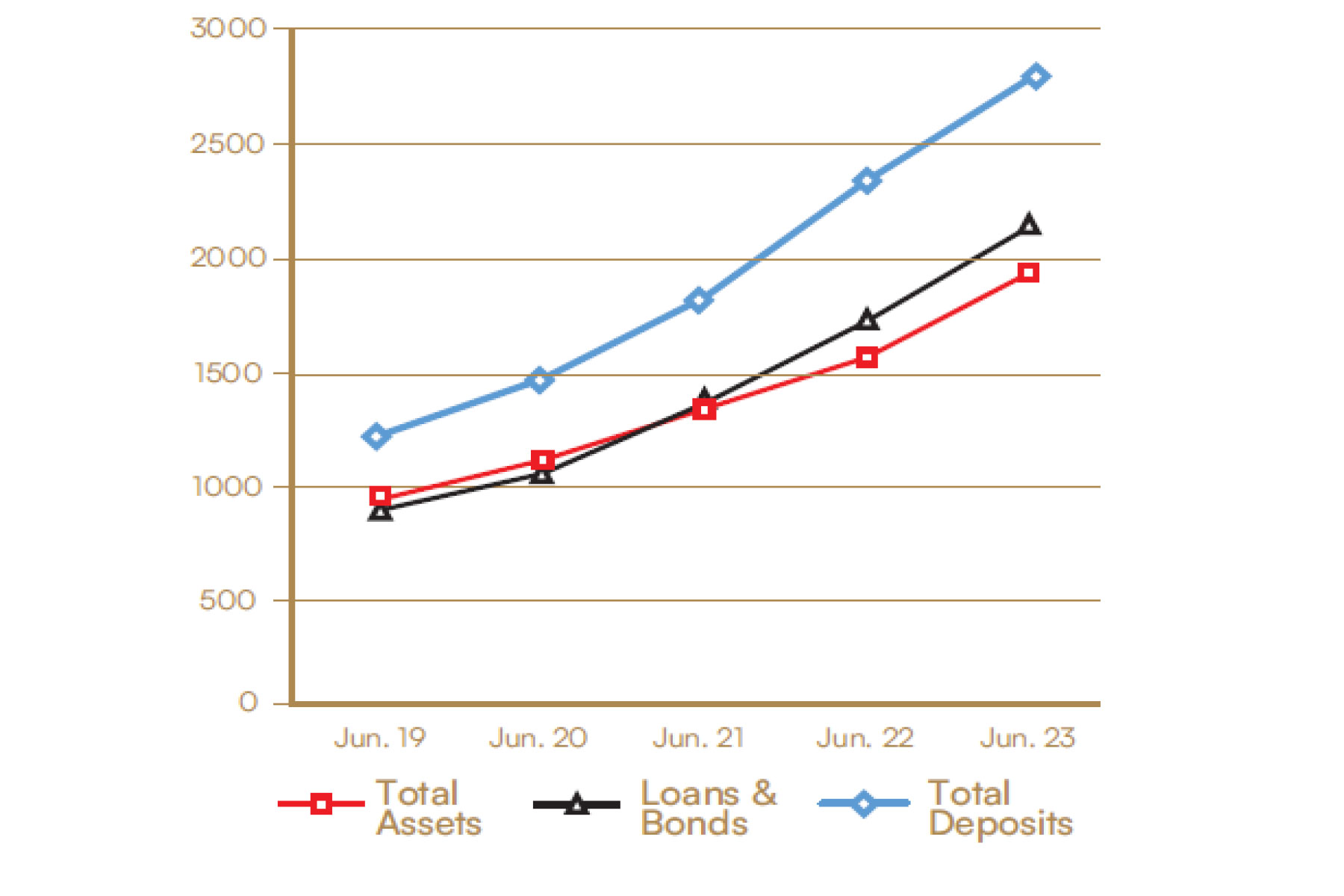
Apr 13 , 2024 . By MUNIR SHEMSU
In an unprecedented move, the central bank has published its inaugural stress test report, uncovering potential fault lines within the finan...
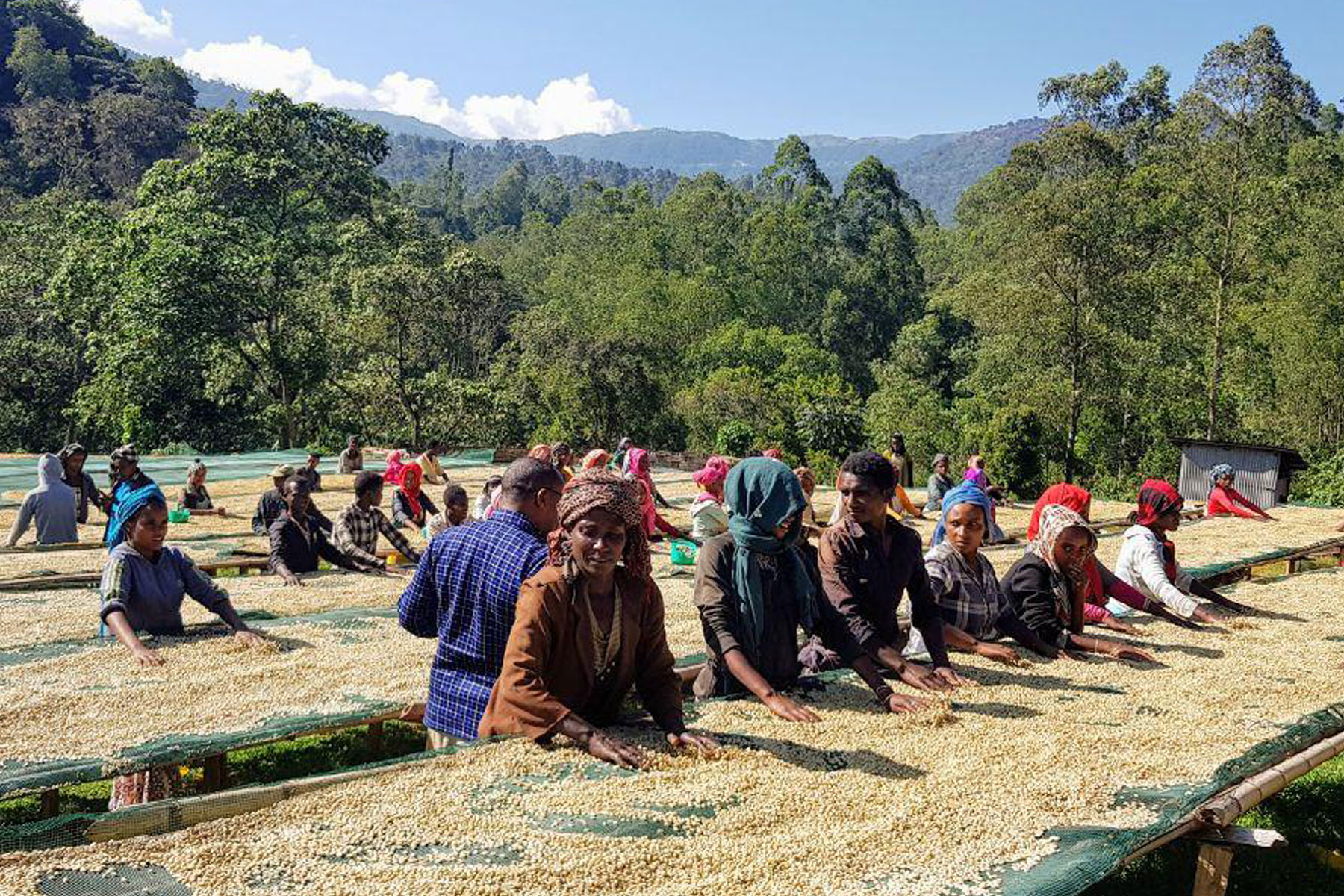
Apr 13 , 2024 . By MUNIR SHEMSU
In a bold departure from its historical position on foreign investment, the federal government has opened...
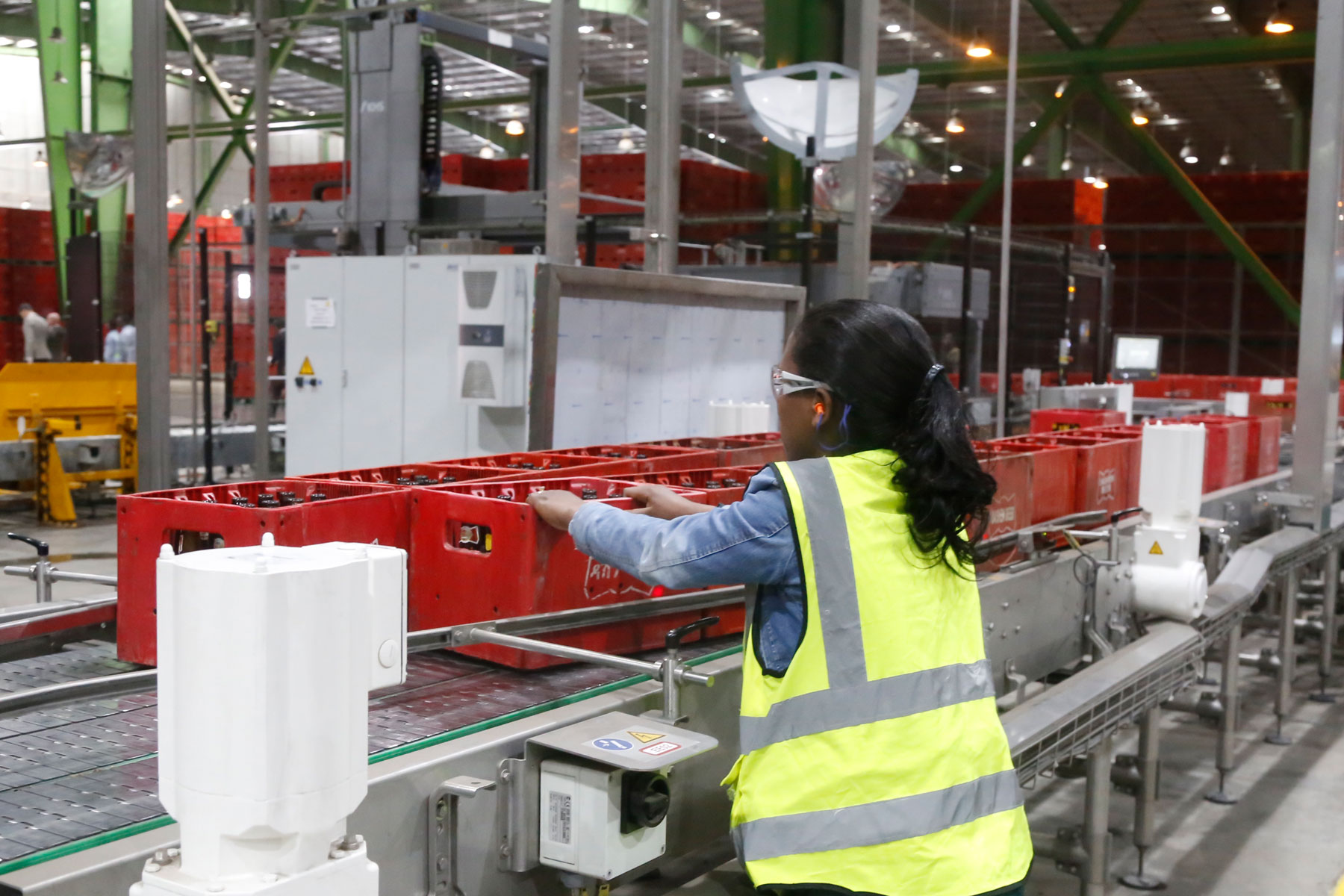
Apr 13 , 2024 . By AKSAH ITALO
A proposed excise tax stamp system draws controversy amongst industry leaders in the alcohol, tobacco, be...